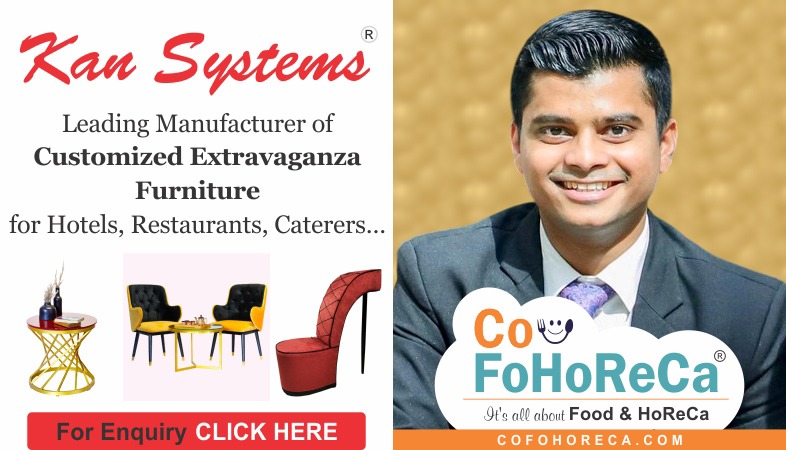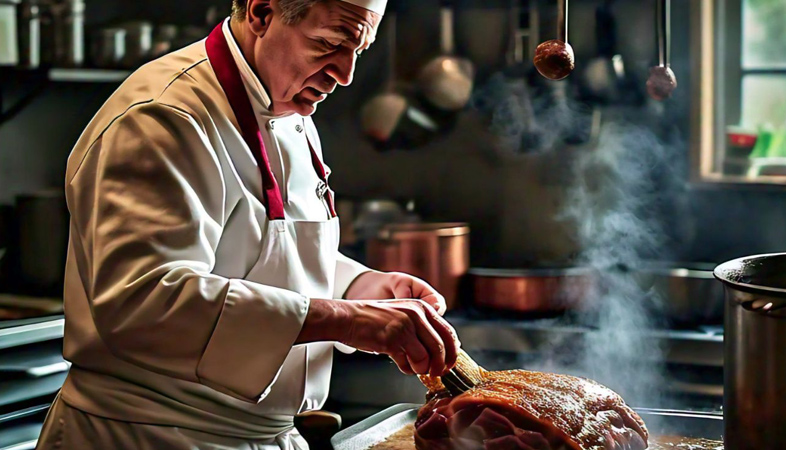SHARE
Commercials
More Posts
Feb 21, 2025
Grilled Lamb Chops - By Chef Manoj Rathore
May 12, 2025
Avare Kalu Akki Roti - By Chef Bharath Bhushan C
Jan 28, 2025
Makai Cheesy Kaju Tikki - By Chef Rajat Ranjeet
Feb 27, 2025
Banarasi Tamatar Chat - By Chef Ashish Spencer
Mar 13, 2025
Til Aur Khajur Ke Ladoo - By Chef Reetu Uday Kugaji
Jul 03, 2025
Indo Chinese Chicken Soup - By Chef Rohit Anand
Feb 21, 2025
Grilled Lamb Chops - By Chef Manoj Rathore
May 12, 2025
Avare Kalu Akki Roti - By Chef Bharath Bhushan C
Jan 28, 2025
Makai Cheesy Kaju Tikki - By Chef Rajat Ranjeet
Feb 27, 2025
Banarasi Tamatar Chat - By Chef Ashish Spencer
Mar 13, 2025
Til Aur Khajur Ke Ladoo - By Chef Reetu Uday Kugaji
Jul 03, 2025
Indo Chinese Chicken Soup - By Chef Rohit Anand
Feb 21, 2025
.png)




























